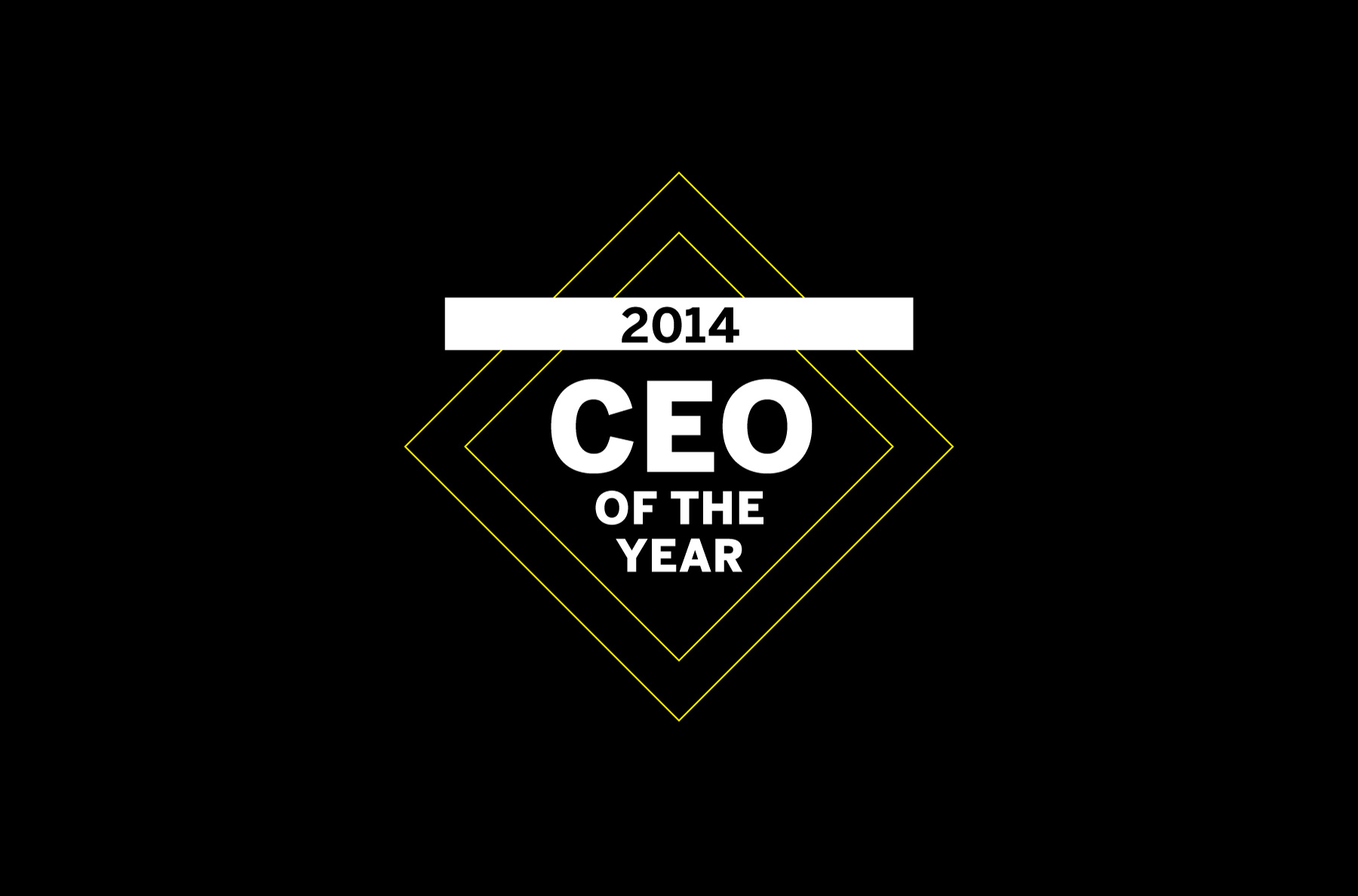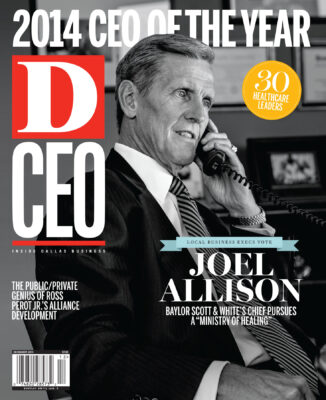In addition to naming Baylor’s Joel Allison the CEO of the Year, respondents to the 2014 Cox School CEO Sentiment Survey identified 10 other local chief executives who stand out among their peers. The following stories, arranged in alphabetical order by the CEO’s last name, tell a little about each business leader’s challenges, successes, and philosophies. In addition to these eight, survey respondents named Doug Parker, chairman and CEO of American Airlines Group; and Randall Stephenson, chairman and CEO at AT&T Inc.
Craig Hall
Hall Financial Group
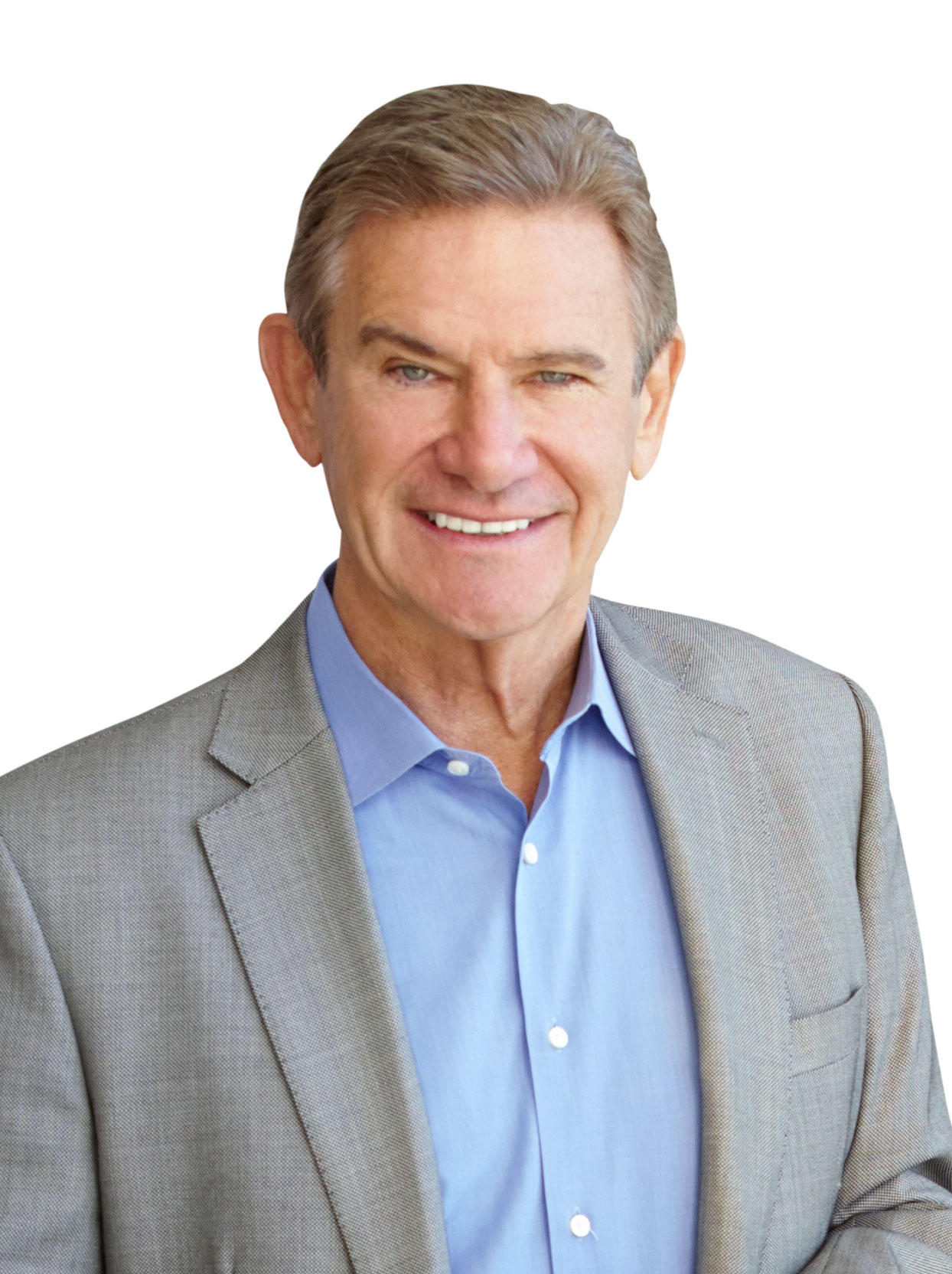
Despite all the recent success, Hall acknowledges that his career has been peppered with plenty of setbacks—but not failures. “I have been through periods of overleverage, and at one time in my career had to declare personal bankruptcy,” he says. “A number of mistakes caused me to be in that position, but I had to dust myself off, keep going, and not give up.” Clearly, Hall has persevered.
Carl Ice
BNSF Railway
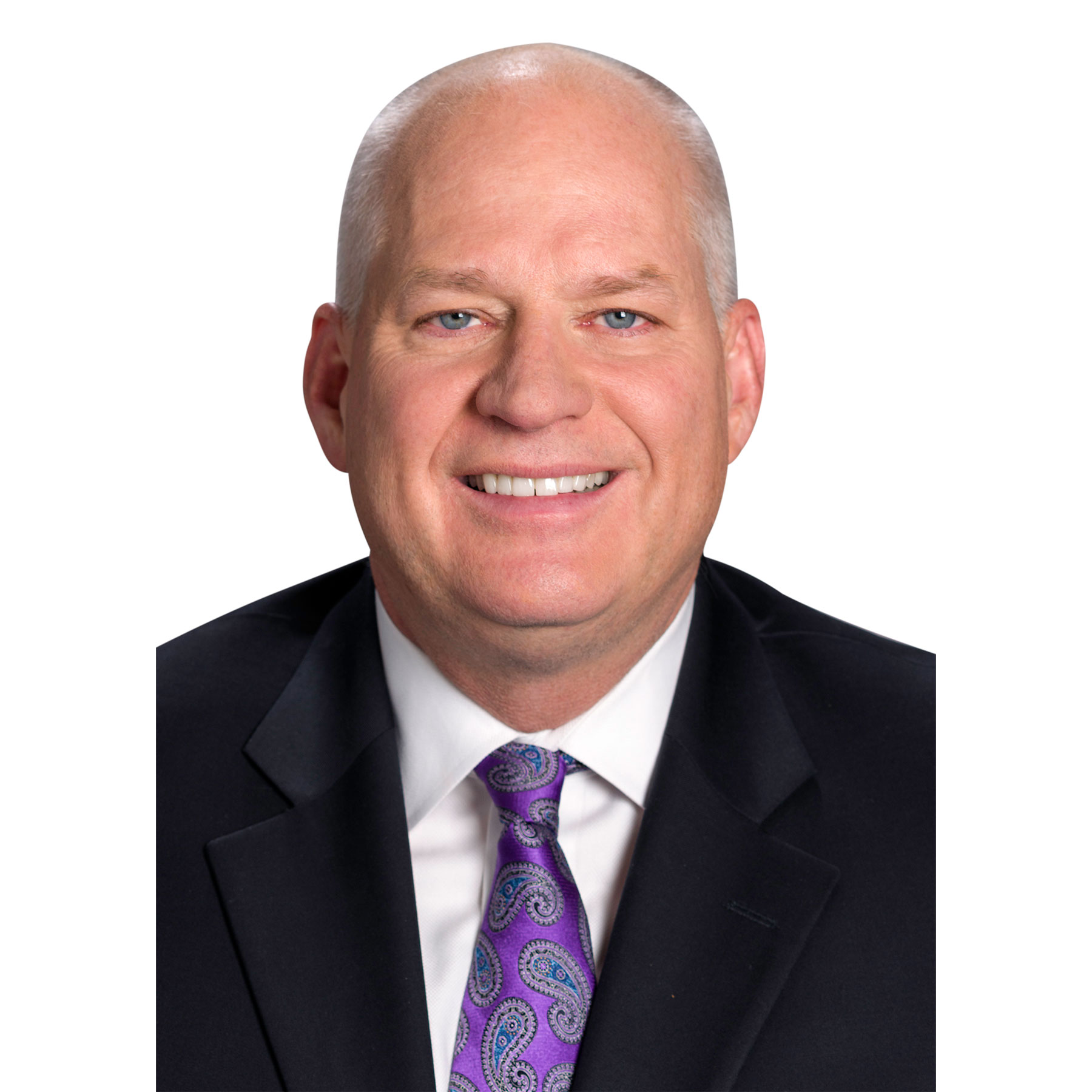
Ice stresses the importance of empowering his employees while respecting their unique accomplishments. “Teams can accomplish work more quickly and effectively than people taking on projects on their own,” he says. “And collaborative work keeps employees accountable to each other.”
As for the future? “From manufacturing to agriculture to energy production and the movement of finished consumer products, BNSF will continue to play an important role in the global supply chain,” Ice says.
Karen Katz
Neiman Marcus GROUP

Katz considers her 30-year tenure with the luxury department store company her greatest success—though it has been trying at times. “For every great accomplishment or achievement, there has been something I wished that I had done better or differently,” she says. “Business success is a willingness to never accept the status quo.”
Katz credits every member of her team for the success of the company, which operates 41 stores across the United States as well as two Bergdorf Goodman stores in Manhattan.
Maj. Ward Matthews
The Salvation Army
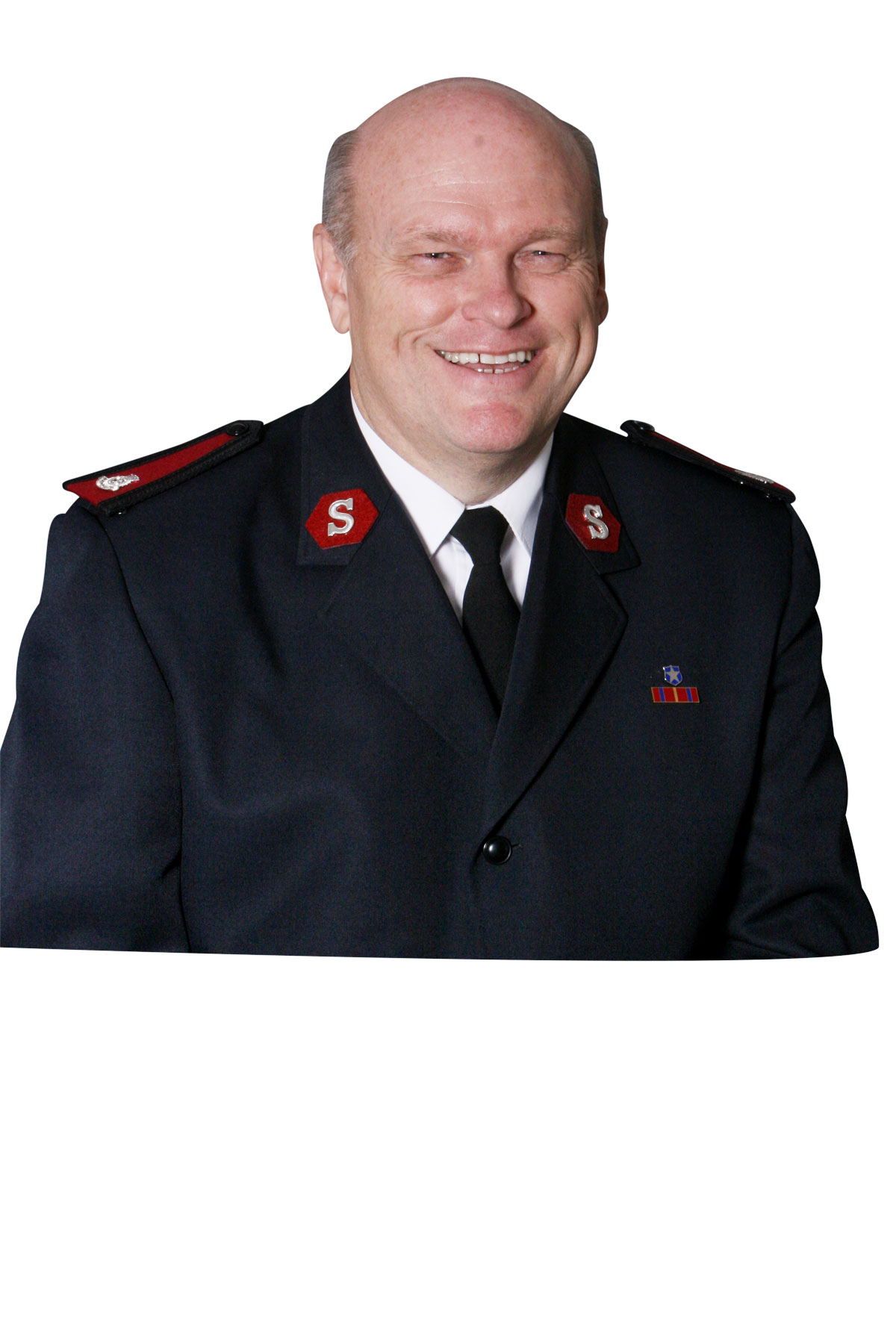
Maj. Matthews was appointed in 2009, alongside his wife, Maj. Michele Matthews, to run the nonprofit’s largest U.S. area command, which covers Dallas, Tarrant, Collin, Denton, and Ellis counties. He is optimistic about the organization’s future: “I think we are going to see more true collaborations between enlightened nonprofits due to dwindling funding bases, which does provide an opportunity,” he says. “Working together from our own areas of expertise, we do more together than we ever could apart.”
Scott Sheffield
Pioneer Natural Resources Co.
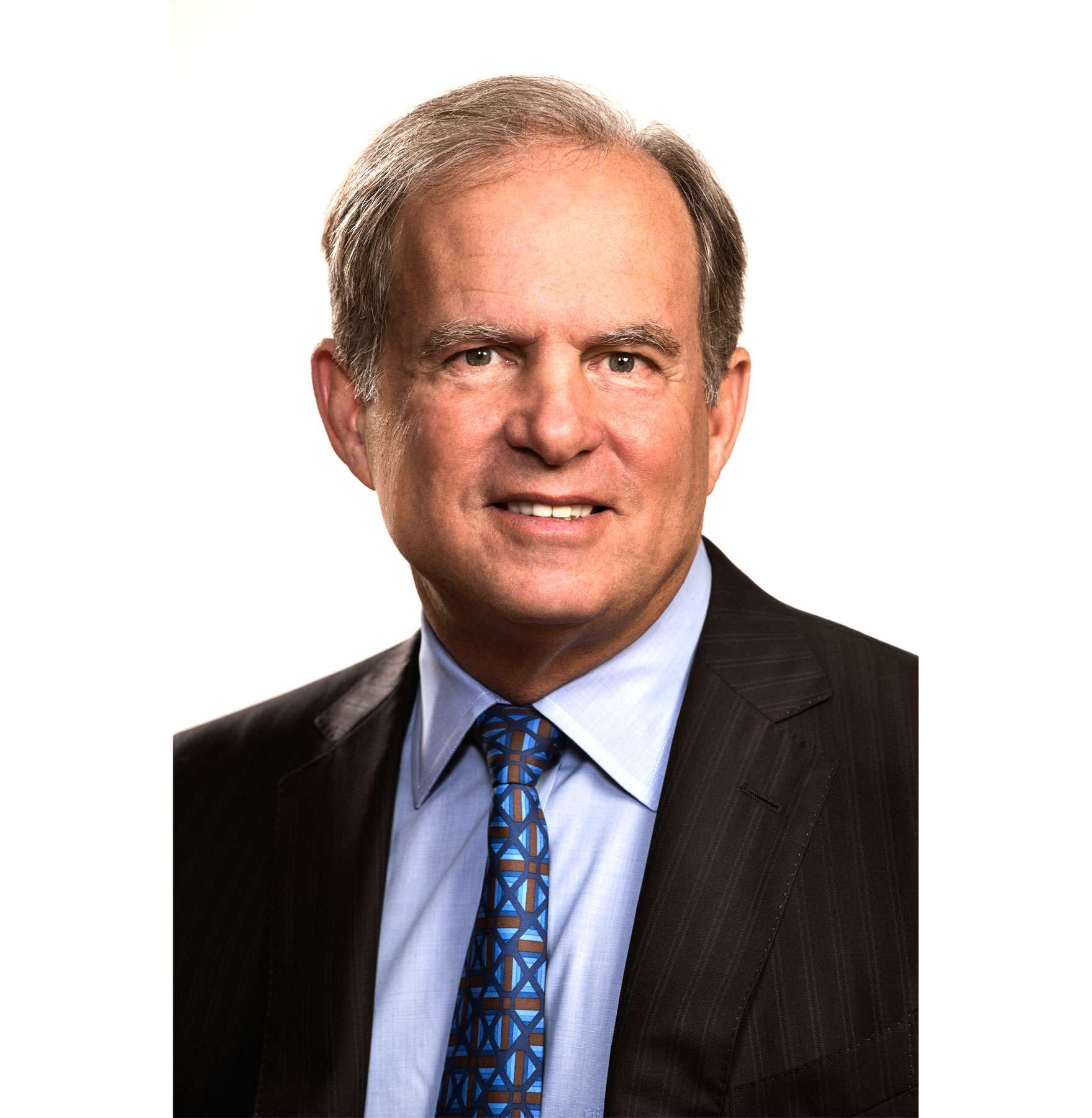
“One of our most important successes [at Pioneer] was to acquire the largest acreage position in the Spraberry/Wolfcamp Field in West Texas, which was once called the most uneconomical oil field in the world by Time magazine,” Sheffield says. “With new science and technology, it has now become the largest oil field in the United States, and one of the largest in the world. One failure was not recognizing the oil price collapse in 1998 and protecting the company’s balance sheet, which led to layoffs and divestitures.”
Pioneer has more than bounced back, though, and Sheffield is bullish about the company’s future—specifically in West Texas.
Rich Templeton
Texas Instruments
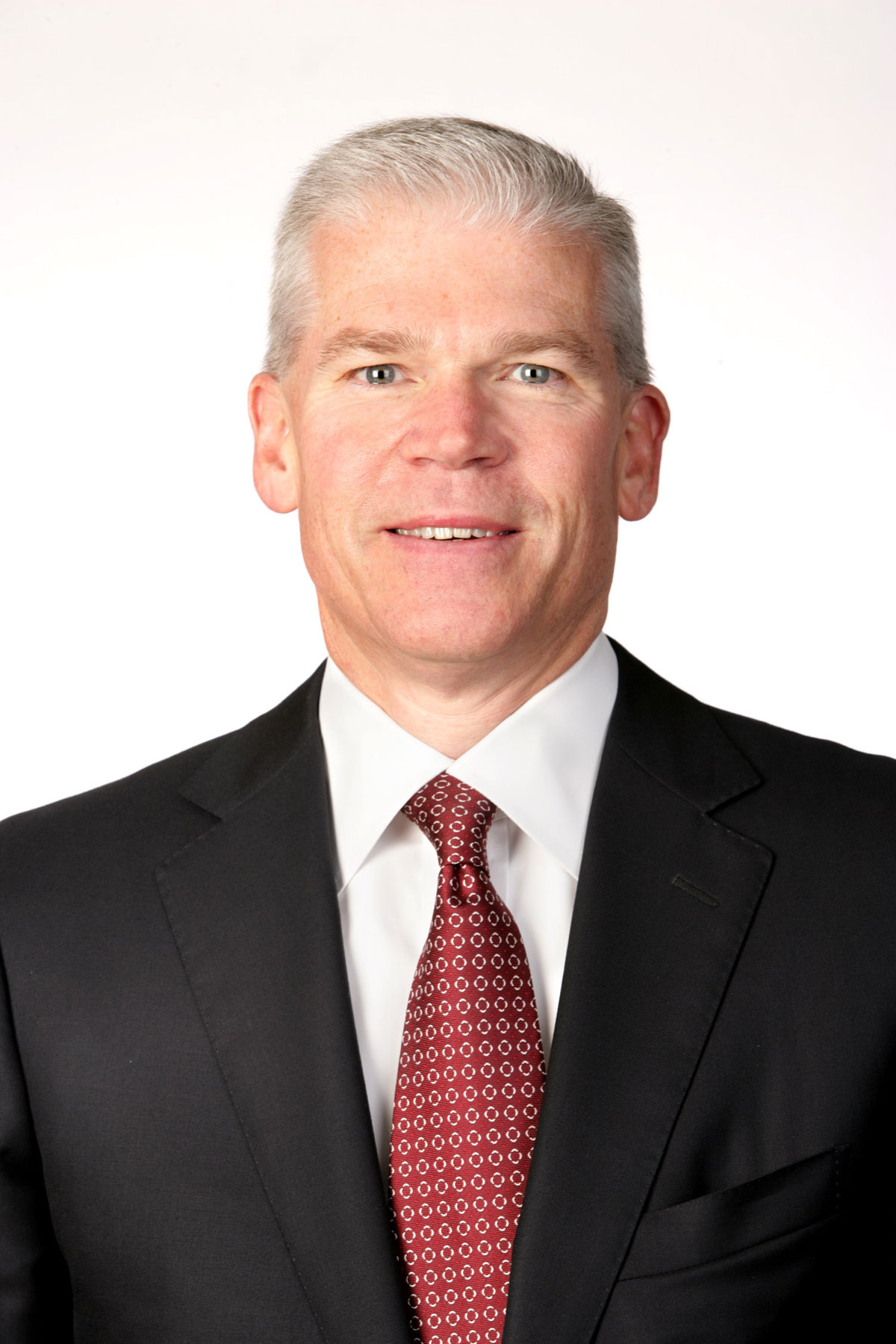
Another big change that’s impacted TI is the advent of the Internet. Today, “we know almost in real time what our most popular products are and, when you have over 100,000 products in your portfolio, as TI does, this is useful information,” he says. “Sophisticated data and analytics provide a roadmap for change.”
Rex Tillerson
Exxon Mobil Corp.
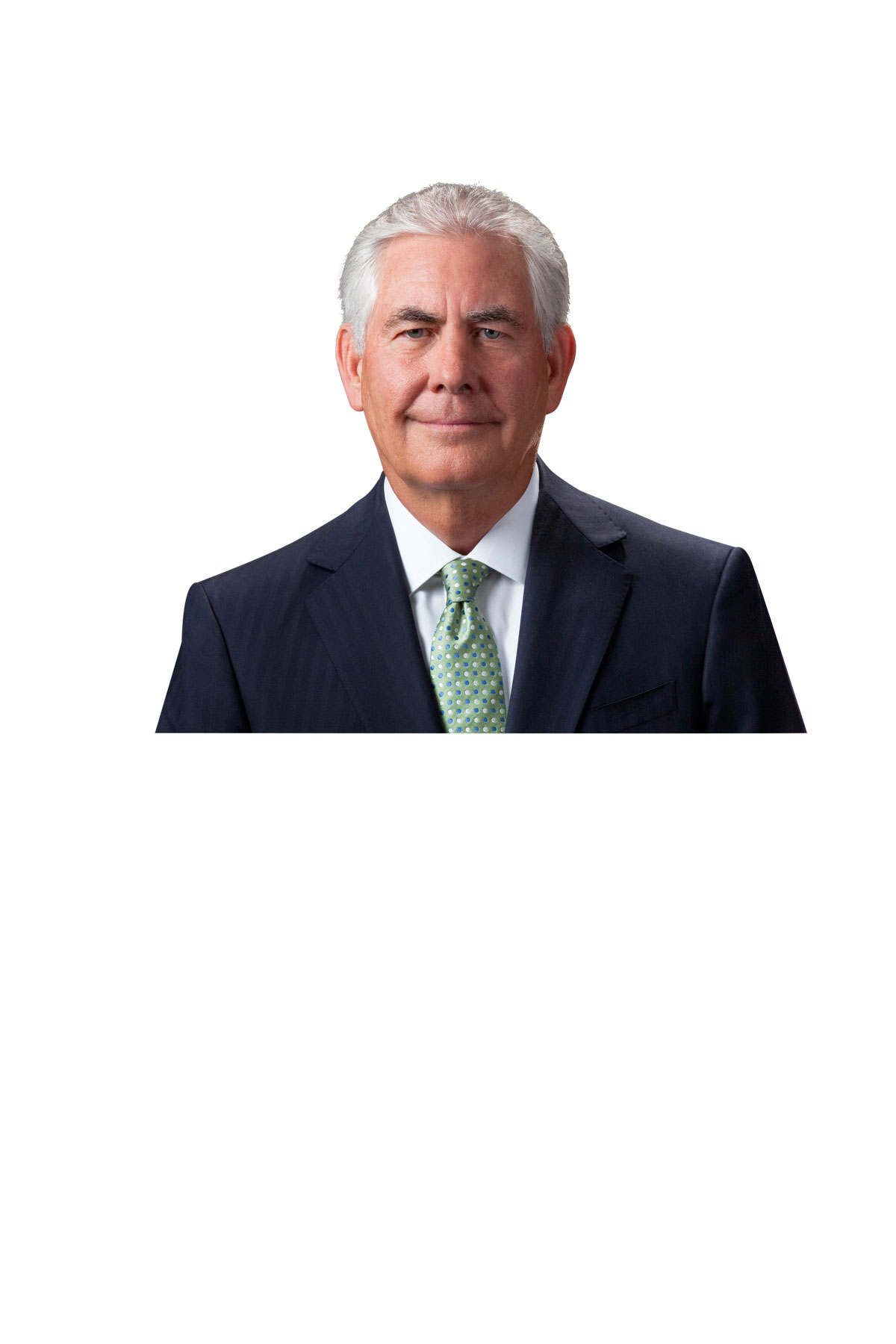
Exxon-Mobil’s energy footprint extends across the globe, but one of its most robust markets is in North America, where Tillerson says advanced technology has created jobs, bolstered national security, and generated new revenue. Going forward, he’s especially optimistic about development of Mexican resources and the Canadian oil sands.
One key to his own success, Tillerson says, is doing everything in his power to feel worthy of each paycheck. “Not long after I joined Exxon Corp., one of my mentors said, ‘Tillerson, just remember this: A pat on the back is only 18 inches from a kick in the behind,’” he recalls. “In a competitive and challenging world, that sound counsel helps keep one’s achievements in perspective.”
Steve Van Amburgh
KDC
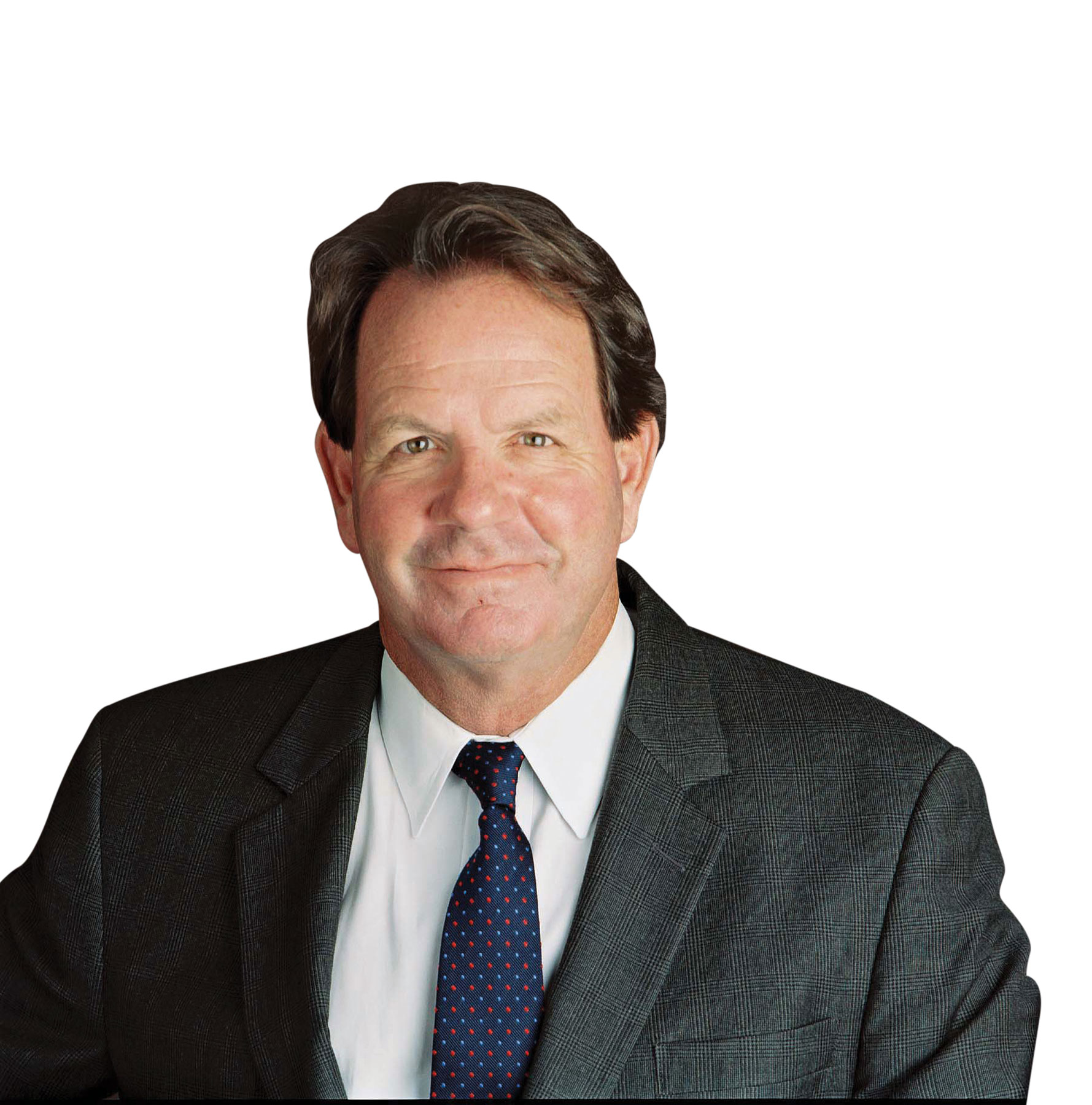
Along with a new office tower in Uptown, KDC is developing huge new campuses for State Farm, Raytheon, and Toyota. Van Amburgh says he knows the company can’t win every project, and tries to learn from the setbacks: “Those failures … have created resilience. We say: ‘Losing doesn’t make us want to quit. It makes us want to fight that much harder.’”


